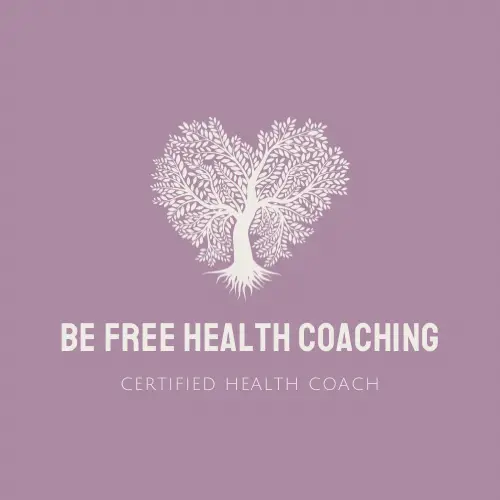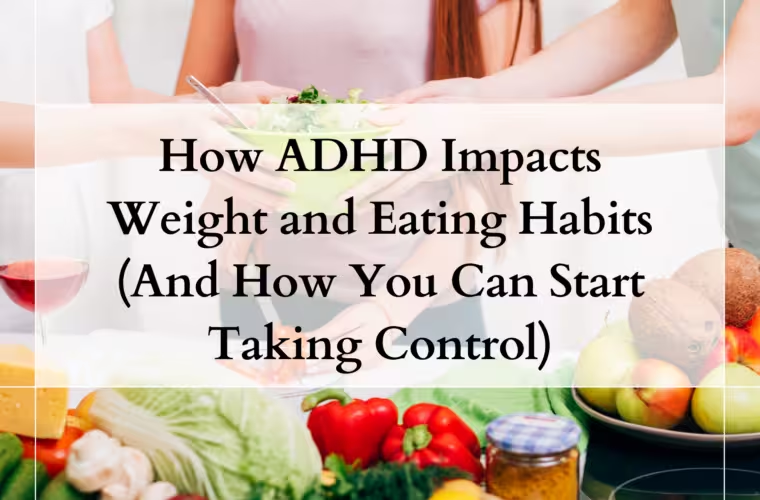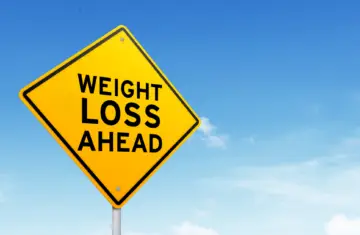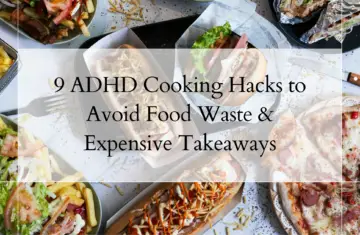If you’re a busy mum, a professional or both, and living with ADHD, you may feel like your brain and body are constantly juggling different demands. Maybe you’ve noticed yourself grabbing snacks impulsively, forgetting meals, or reaching for comfort foods when you’re stressed or exhausted. Living with ADHD means that healthy eating can feel like an uphill battle, where daily distractions, intense emotions, and feeling overwhelmed get in the way of building the habits you really want.
The truth is, ADHD affects more than just focus—it impacts how we eat, how we feel about food, and even how our bodies process stress. It can feel overwhelming and discouraging, especially when you’re trying to make changes. But here’s the good news: understanding why this happens can be the first step toward making changes that fit into your life, instead of using a one sized fits all approach.
Let’s look at some of the ways ADHD influences weight and eating habits, and explore small, practical changes you can make to feel more in control. This isn’t about being perfect; it’s about finding balance that feels good for you.
1. Impulsive Eating – Quick Fixes that Don’t Always Feel So Good
Maybe you find yourself reaching for snacks or sweets on a whim, especially during those “just get through it” moments. Impulsivity is part of ADHD and can lead to spur-of-the-moment eating choices that might feel satisfying for a second but leave you feeling less than great later.
What You Can Do: It’s okay if those moments happen! Rather than beating yourself up, keep easy, nourishing snacks like nuts, yogurt, or cut-up fruits where you’re most likely to reach for them. You don’t have to fight impulsivity—just create choices that serve you better in those moments.
2. Distractibility and Forgetting to Eat – How Busy Days Can Derail You
Between work, family, and everything else, meals might get pushed to the back burner. With ADHD hyper focus, it’s easy to get so caught up in a task that hours pass before you realise you’re starving. That’s when hunger hits hard, and suddenly, it’s all too easy to grab whatever’s closest and you eat everything in sight.
What You Can Do: It might feel odd to schedule meals, but setting reminders on your phone can make a big difference. Aim for regular meals, even if they’re simple or just a snack. Little changes like prepping a few snacks at the start of the week can save you time and keep you from hitting that “too hungry to care” moment.
3. Emotional Eating – The Need for Comfort Amidst Chaos
ADHD often brings big emotions, and when life gets overwhelming, food can become a go-to comfort. If you’ve had a tough day, a challenging meeting, or a stressful evening with the kids, turning to a favourite snack for relief is natural.
What You Can Do: First, know that it’s okay to turn to food sometimes—emotional eating is part of being human. But you can also try creating other comforts, like calling a friend, taking a quick walk, or finding a few minutes for yourself. Give yourself grace if emotional eating happens; over time, these little moments of self-compassion make room for healthier patterns.
4. Difficulty with Planning and Following Through – When Routine Feels Impossible
Planning meals and staying organized sounds great, but for women with ADHD, creating routines can feel like another item on an endless list. You may start with the best intentions but feel overwhelmed or discouraged if it doesn’t go as planned.
What You Can Do: Start small by focusing on one meal you can simplify. Maybe it’s prepping overnight oats for breakfast, having a go-to lunch ready for work or making one of my Quick & Easy Recipes for Women with ADHD Who Want to Lose Weight. You don’t need to plan every meal perfectly—just building a couple of go-to options can take the pressure off and make healthy choices feel easier.
5. Dopamine and Food Cravings – Why We Seek “Feel-Good” Foods
The ADHD brain is wired to seek rewards, and food can offer quick hits of dopamine, especially if it’s sugary, salty, or high in fat. Those cravings are often the brain’s way of looking for stimulation, especially on long days when you feel low on energy.
What You Can Do: Instead of fighting these cravings, try finding other ways to boost dopamine naturally. A few minutes of movement, like a short walk or a burst of dancing, can work wonders to give your brain the stimulation it needs without always turning to food. When you do crave a treat, enjoy it—just know that you can also find joy and energy in other activities that light you up.
6. Portion Control – Finding Satisfaction Without Going Overboard
It’s easy to lose track of how much you’re eating when you’re distracted, especially if you’re eating on the go or while multitasking. ADHD can make it tough to slow down, making it easy to eat more than intended before you even notice.
What You Can Do: Focus on mindful eating whenever you can. Even if it’s just for a few bites, try to pause and savor the taste and texture. Choosing smaller plates, pre-portioned snacks, and taking a breath between bites can help you connect with your hunger and fullness cues more naturally.
Moving Forward with Compassion
Building new eating habits and understanding how ADHD impacts your body can be challenging. You may have setbacks or days when you feel off-track, and that’s okay. Give yourself the grace to be imperfect. These changes aren’t about overhauling your whole life—they’re about finding small adjustments that help you feel better, bit by bit.
Remember, you’re not alone. So many women are navigating similar challenges, and every small step counts. You deserve to feel good about your choices, not trapped by them. Start with one or two of these ideas that feel achievable, and let yourself build from there. This journey is about progress, not perfection, and you’re doing great.
If you are tired of struggling to lose weight & feel like you’re always starting over and are ready to ditch the diets and quick fixes for building healthy, sustainable habits that last – without the stress & overwhelm then make sure you have got your FREE copy of 10 Quick & Easy Recipes for Women with ADHD Who Want to Lose Weight & have subscribed to my weekly e mails with practical tips to help you lose weight with ADHD. Remember you are not alone.

Sarah Parker - Health & Life Coach
I specialise working with women with ADHD - both diagnosed and those who identify with the symptoms of ADHD. I was diagnosed with ADHD later in life, just weeks before my 30th birthday. I’m also a proud crazy cat lady and have fostered over 300 cats & kittens!




